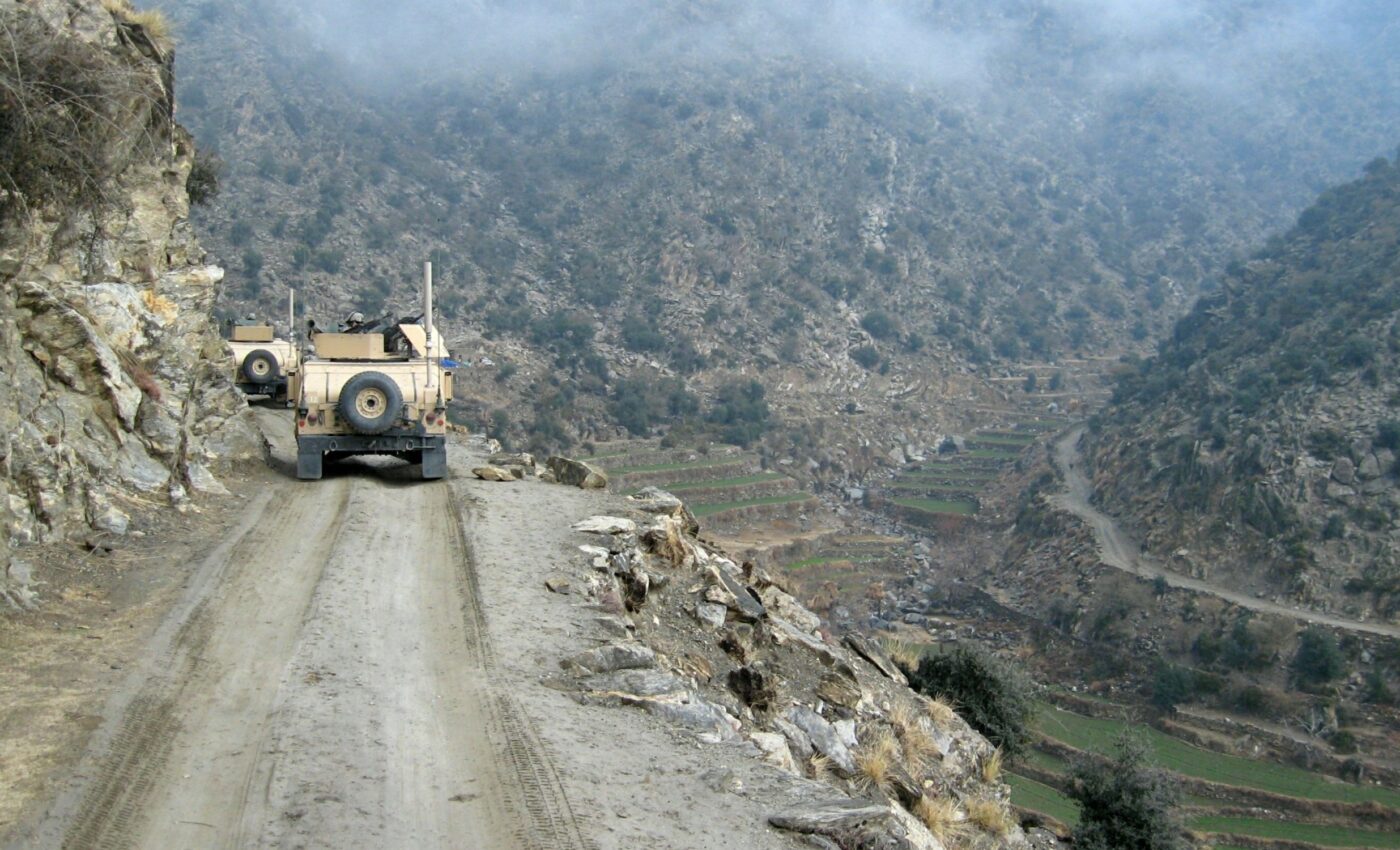
Terrorists are relocating rapidly due to climate change
Climate change is casting a long shadow over global security, as new research reveals a significant correlation between environmental changes and shifts in terrorist activity.
This exploratory study, led by Dr. Jared Dmello from the University of Adelaide‘s School of Social Sciences, underscores the complex ways in which climate change directly impacts patterns of terrorism.
Consequently, this marks a critical advancement in our understanding of global security dynamics.
Climate change and terrorists
The study carefully examined how weather factors like temperature, rainfall, and altitude relate to terrorism in India.
Dr. Dmello explains, “Our suitability analyses show a clear connection between all tested climatological variables and the changing patterns of terrorist activity.”
The findings indicate that as cities become more crowded, especially those with better climates, extremists are forced to leave their traditional areas. These places have become less livable because of changing weather conditions.
Furthermore, the research extends beyond the sites of attacks, indicating that climate change likely impacts other aspects of extremist behavior. Consequently, environmental changes also affect the choice of locations where they train.
“The average temperatures in India hit record highs during our study, providing a comprehensive backdrop to assess the intersection of climate change and extremism,” Dr. Dmello remarks.
Terrorist relocation due to climate change
The intensity of climate change contributed to terrorists relocating to new areas. Additionally, this shift in terrorist activity also followed a seasonal pattern.
Dr. Dmello stresses the broader implications of this correlation: “This research shows that stopping the damaging effects of climate change is not just an environmental issue but one that is directly tied to national security and defense.”
Global security and social equity
This research is crucial for grasping the complex factors like climate change driving terrorist activity. It also plays a key role in shaping global security strategies, including those of Australia.
Despite experiencing lower levels of terrorism compared to India, Australia faces its challenges with radicalization.
Dr. Dmello points out, “Addressing radicalization in Australia necessitates tackling broader societal issues such as homelessness, food and water security, and social equity to create a safer environment.”
Linking climate change and terrorism
Recently joining the University of Adelaide in early 2024, Dr. Dmello has achieved significant milestones. He has co-edited a book on security in the Arctic and plans to delve deeper into how resource inequities affect radicalization.
“My recent projects aim to dissect the factors influencing radicalization in Australia, aiming to foster collaboration with the government and law enforcement to deter extremist ideologies,” he shares. This statement signals his commitment to expanding this vital research on a global scale.
Dr. Dmello’s work illuminates the complex link between climate change and terrorist activity. It advocates for a comprehensive approach to national security, one that encompasses environmental stewardship, social equity, and international cooperation.
Consequently, this is a call to action for governments worldwide to rethink their strategies for the dual challenges of climate change and terrorism. It highlights the importance of integrated approaches to secure a safer future for everyone.
Implications of climate change and terrorism link
The study led by Dr. Dmello on the interconnection between climate change and terrorist activity offers several crucial implications:
National security planning
It highlights the need for security strategies to incorporate climate change as a significant factor influencing terrorism, suggesting that traditional counter-terrorism approaches might need reevaluation and adaptation.
Policy development
The findings advocate for policies that address both climate change and terrorism together, rather than in isolation, emphasizing integrated approaches that can tackle the root causes of both issues.
International cooperation
The global nature of climate change and its impact on terrorism underline the importance of international collaboration. Countries can share intelligence, strategies, and technologies to combat these intertwined challenges effectively.
Environmental policies
The research underscores the role of environmental stewardship in preventing radicalization and terrorism. This could lead to increased investment in sustainable development, renewable energy, and climate resilience efforts.
Public awareness and education
By establishing a link between climate change and terrorist activity, the study calls for increased public awareness and education. Understanding these connections can drive public support for policies that address both environmental protection and security.
Research and innovation
The implications for future research are significant, encouraging further investigation into how climate-related factors influence other forms of conflict and security issues. It also opens avenues for developing new technologies and methodologies to predict and mitigate the impacts of climate change on global security.
Societal well-being
Addressing the societal issues that lead to radicalization, such as homelessness, food and water security, and social equity, as mentioned by Dr. Dmello, is crucial. This holistic approach can lead to a more stable and peaceful society by tackling the underlying issues that fuel discontent and extremism.
Overall, the study calls for a rethinking of how societies view and deal with the challenges of climate change and terrorism, advocating for integrated solutions that address the environmental, social, and political dimensions of these global issues.
The full study was published in the journal Applied Security Research.
—–
Like what you read? Subscribe to our newsletter for engaging articles, exclusive content, and the latest updates.
Check us out on EarthSnap, a free app brought to you by Eric Ralls and Earth.com.
—–













